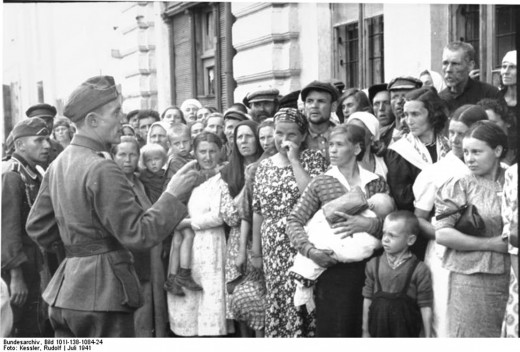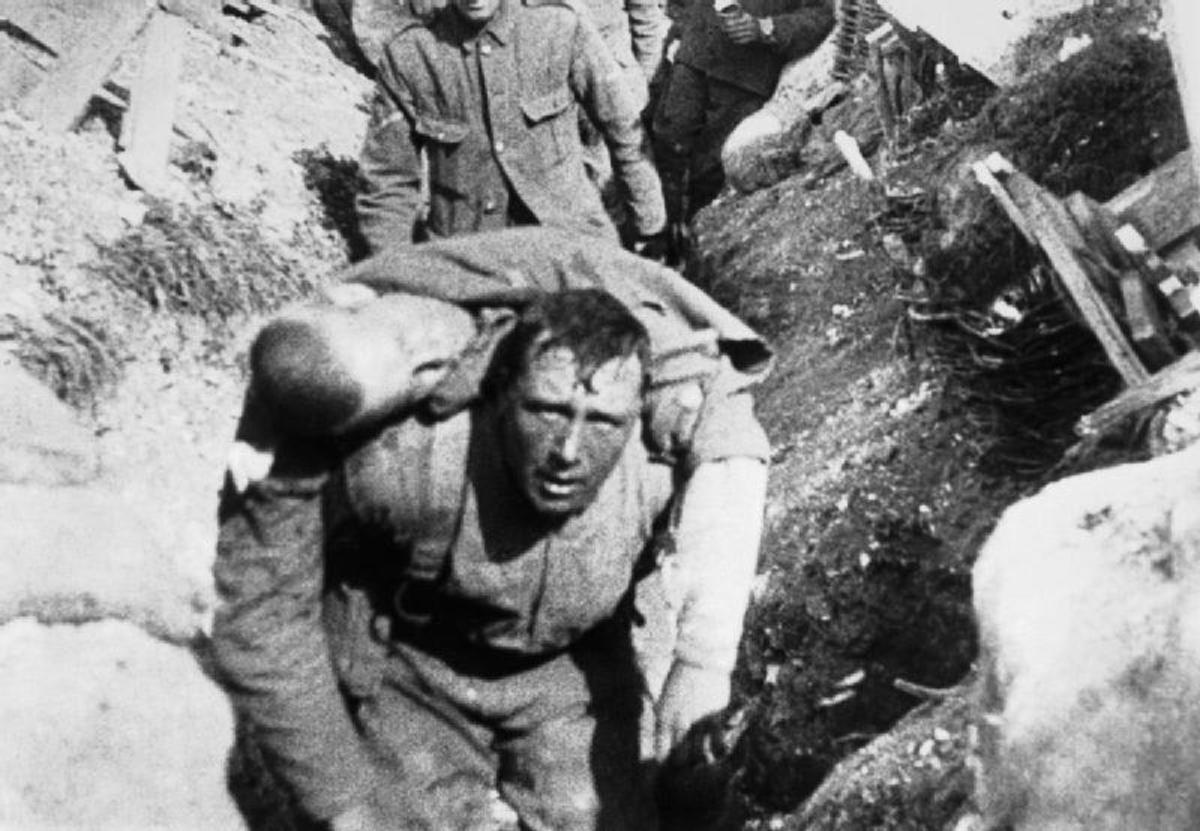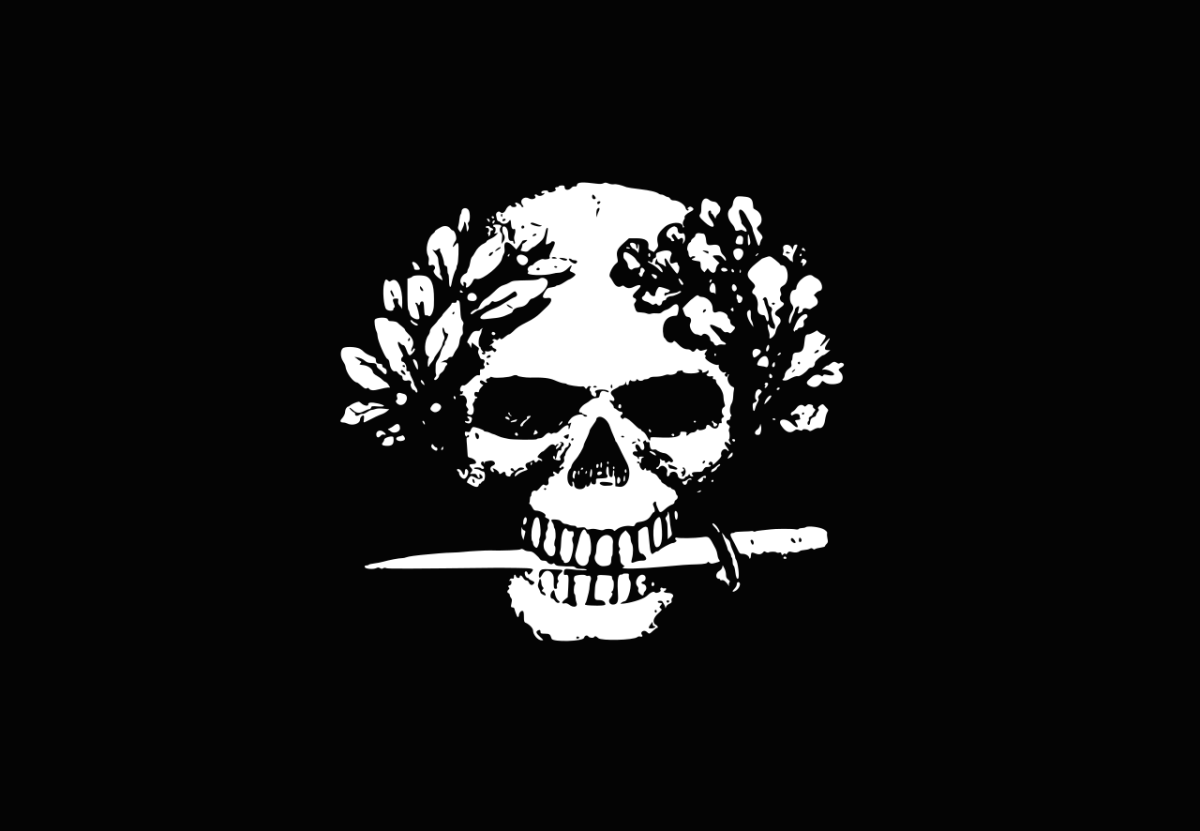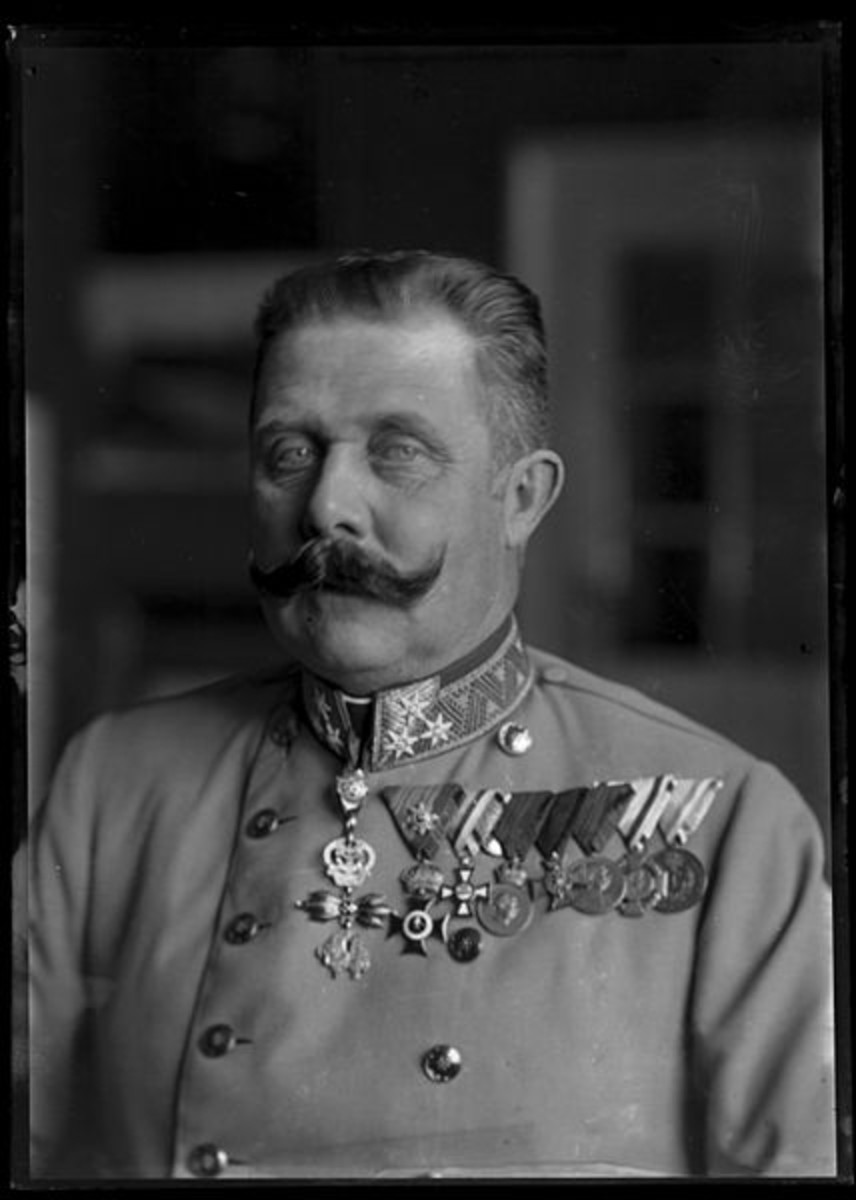- HubPages»
- Education and Science»
- History & Archaeology»
- History of the Modern Era»
- Twentieth Century History»
- World War I
Janusz Korczak - A War Hero
In the Holocaust, there were individuals who practiced passive resistance. One such person is Janusz Korczak. Janusz Korczak made a tremendous impact on the lives of many Jewish children.”He devoted his life to putting smiles on children’s faces and….. making adults better people.” (Misha, a Jewish teacher who trained with Janusz Korczak.)
Korczak was born on July 22, 1878, and died on August 7, 1942. He was born into an assimilated Jewish family in Warsaw, Poland. His father’s name was Jozef Goldszmit and his mother’s name was Cecylia Gebicka. His father was an attorney that made a lot of money but became mentally ill when Korczak was still very young. This really affected the lives of Korczak and his family. During his youth, he played with children who were poor and lived in bad neighborhoods. Even when he was young, he had a passion for helping disadvantaged youth. Korczak went to study for a doctor at The University of Warsaw but always wanted to start writing. He began writing in 1901, his first books were called, “Children of the streets” and in 1906, “A Child of the Salon”.
After he finished University, he was forced to join the Russian Army as a doctor. In 1908, Janusz Korczak began working with orphans and taking groups of children to summer camps. He also worked in a Jewish children’s hospital at the age of thirty. In 1912 Korczak was appointed director of a Jewish orphanage in Warsaw. Even though Korczak did not have a wife, the closest woman to him was Stefania Wilczynska, who was his partner at work. He treated all the orphan children like his own. “Children are the people of tomorrow, but the people of today.”(Janusz Korczak). Once again when Janusz Korczak was thirty-six, he was drafted into the Russian Army for military service, there, he wrote another of his famous works, “How to Love Children.”
Janusz Korczak practiced passive resistance when he was an adult. At the time of war, Korczak was working in a children’s orphanage, the Germans told them to move into a ghetto, and soon would be deported into Treblinka, an extermination camp. Even though Korczak was offered shelter on the Arayan side, he refused, he didn’t want to leave the orphaned children alone. He did not plan this act beforehand, because he did it from his heart. On Thursday, August 6th, 1942, Korczak was deported with his two hundred children, they first walked three miles, and then brought to Treblinka, Extermination camp. He was successful in staying with the children, but Korczak and the children were all murdered in the hands of German Nazi Officers. Korczak will be remembered because of his heroic act and love for all children.
Today, Janusz Korczak is remembered as a “legendary figure”. When the war ended, unions that had connections with Korczak were formed in Poland, Israel, Germany, and many other countries to spread his love for children and to keep his memory alive. People also made different kinds of literature about him, like books, films, and plays. We should remember Janusz Korczak because he never gave up and he had a big heart.” As for that last decision to go with the children to Treblinka, It was part of his nature. It was who he was. He wouldn’t understand why we are making so much of it today.”(Misha, Jewish teacher who trained with Janusz Korczak).Korczak always wanted to change the world to make it a better place to live in, for himself and for everyone else. “ It is inadmissible to leave the world as one finds it.”(Janusz Korczak) Inadmissible means “not to be tolerated or allowed”.
Janusz Korczak was a huge influence on the people of today. Resistance was very dangerous and still, Korczak undertook passive resistance, risking his life to stay with hundreds of children before their death.

© 2020 Emilie Rashcovan



